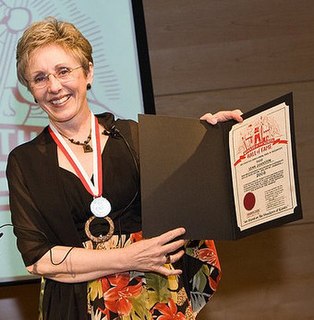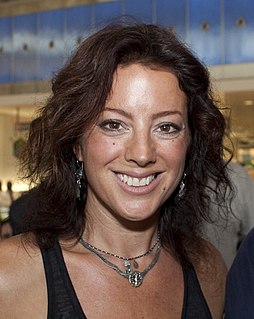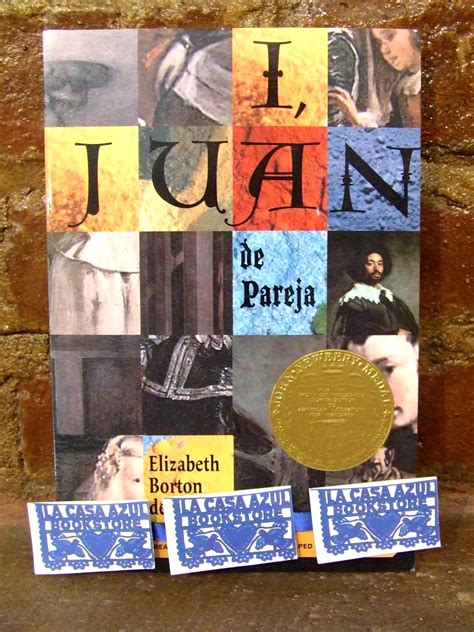A Quote by Henry David Thoreau
Long enough I had heard of irrelevant things; now at length I was glad to make acquaintance with the light that dwells in rotten wood. Where is all your knowledge gone to? It evaporates completely, for it has no depth.
Related Quotes
You can go online now and find really thoughtful, in-depth, considered, well-informed communities around virtually any issue. If it's your issue, there are now new ways of mobilising knowledge that weren't there before. There are real bodies of significant knowledge on the web that are valuable that we haven't done nearly enough with.
The essence of knowledge is generalization. That fire can be produced by rubbing wood in a certain way is a knowledge derived by generalization from individual experiences; the statement means that rubbing wood in this way will always produce fire. The art of discovery is therefore the art of correct generalization. ... The separation of relevant from irrelevant factors is the beginning of knowledge.
Light is shallow; darkness is infinitely deep. Light is always bounded, it has boundaries. Darkness has no boundaries, it is unbounded. Light comes and goes; darkness always is. When there is light you cannot see it. When light is not there you can see it. But it is always there; you cannot cause it. Light has a cause. You burn the fire, you put on wood. When the wood is finished the light will be gone. It is caused, hence it is an effect. But darkness is not caused by anything, it is not an effect. It is uncaused eternity.
However dark our lot may be, there is light enough on the other side of the cloud, in that pure empyrean where God dwells, to irradiate every darkness of this world; light enough to clear every difficult question, remove every ground of obscurity, conquer every atheistic suspicion, silence every hard judgment, light enough to satisfy, nay, to ravish the mind forever.
All her knowledge is gone now. Everything she ever learned, or heard, or saw. Her particular way of looking at Hamlet or daisies or thinking about love, all her private intricate thoughts, her inconsequential secret musings – they’re gone too. I heard this expression once: Each time someone dies, a library burns. I’m watching it burn right to the ground.
Despite our preparation, indeed, despite our age, [the death of a parent] dislodges things deep in us, sets off reactions that surprise us and may cut free memories and feelings that we thought had gone to ground long ago. We might, in that indeterminate period they call mourning, be in a submarine, silent on the ocean's bed, aware of the depth charges, now near and now far, buffeting us with recollections.
Why make yourself miserable saying things like, "Why do we have such bad luck? What has God done to us? What have we done to deserve this?" - all of which, if you understand reality and take it completely into your heart, are irrelevant and unsolvable. They are just things that nobody can know. Your situation is just an accident of life.
Men had reached into the scrub and along its boundaries, had snatched what they could get and had gone away, uneasy in that vast indifferent peace; for a man was nothing, crawling ant-like among the myrtle bushes under the pines. Now they were gone, it was as though they had never been. The silence of the scrub was primordial. The wood-thrush crying across it might have been the first bird in the world-or the last.
Now I had lived long enough and had heard enough from urchins my age and from other slaves, to distrust the person who calls himself merciful, or just, or kindly. Usually these are the most cruel, niggardly and selfish people, and slaves learn to fear the master who prefaces his remarks with tributes to his own virtues.
"If it wasn’t for the mist we could see your home across the bay," said Gatsby. "You always have a green light that burns at the end of your dock." Daisy put her arm through his abruptly but he seemed absorbed in what he had just said. Possibly it had occurred to him that the colossal significance of that light had now vanished forever. Compared to the great distance that had separated him from Daisy it had seemed very near to him, almost touching her. It had seemed as close as a star to the moon. Now it was again a green light on a dock. His count of enchanted things had diminished by one.


































